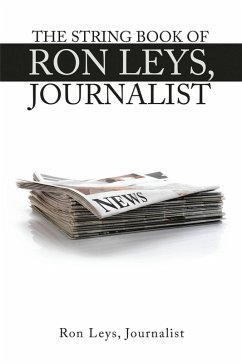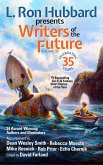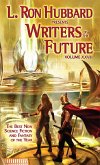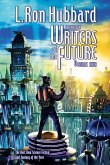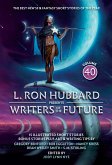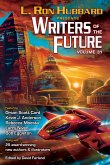Back in the day, many reporters and columnists kept a folder or big envelope in a desk drawer. Whenever he or she wrote something that might impress a future prospective employer, it was clipped and saved in this folder or envelope. This was known as a string book. The phrase was borrowed from the common term for free-lance writers, who were paid by the column inch of published material. They were known as stringers, from the old practice of pasting together their published stories in sort of a string, which could then be measured and submitted for payment, monthly or otherwise. Staffers, on the other hand, were paid by the week, or for part-timers, by the hour. In the fall of 1959, an English professor at the University of Wisconsin suggested that I consider becoming a professional writer. My career thus far had included a hitch in the United States Navy, followed by several years as a construction worker and truck driver. Just before my GI Bill eligibility expired, I enrolled at the UW. Taking the professor's advice, I majored in journalism. I met a fellow journalist, Marilyn Shapiro, and we married. During the summer of 1961 I interned at The Rockford Morning Star in northern Illinois. On completion of college, I became a full time reporter there. In 1969, I went to work for The Milwaukee Journal. I worked as a copy editor, reporter, nature columnist, suburban editor, and outdoor editor. I retired in 1991, although I wrote freelance columns for the Journal's Sunday magazine, and later for an independent magazine, The Wisconsin Outdoor Journal. When that ended, it was over. It turned out that I only wrote for the money. When they stopped paying me. I stopped writing. Although it probably had more to do with losing an audience. That was always the point, writing for readers.
Dieser Download kann aus rechtlichen Gründen nur mit Rechnungsadresse in A, D ausgeliefert werden.

